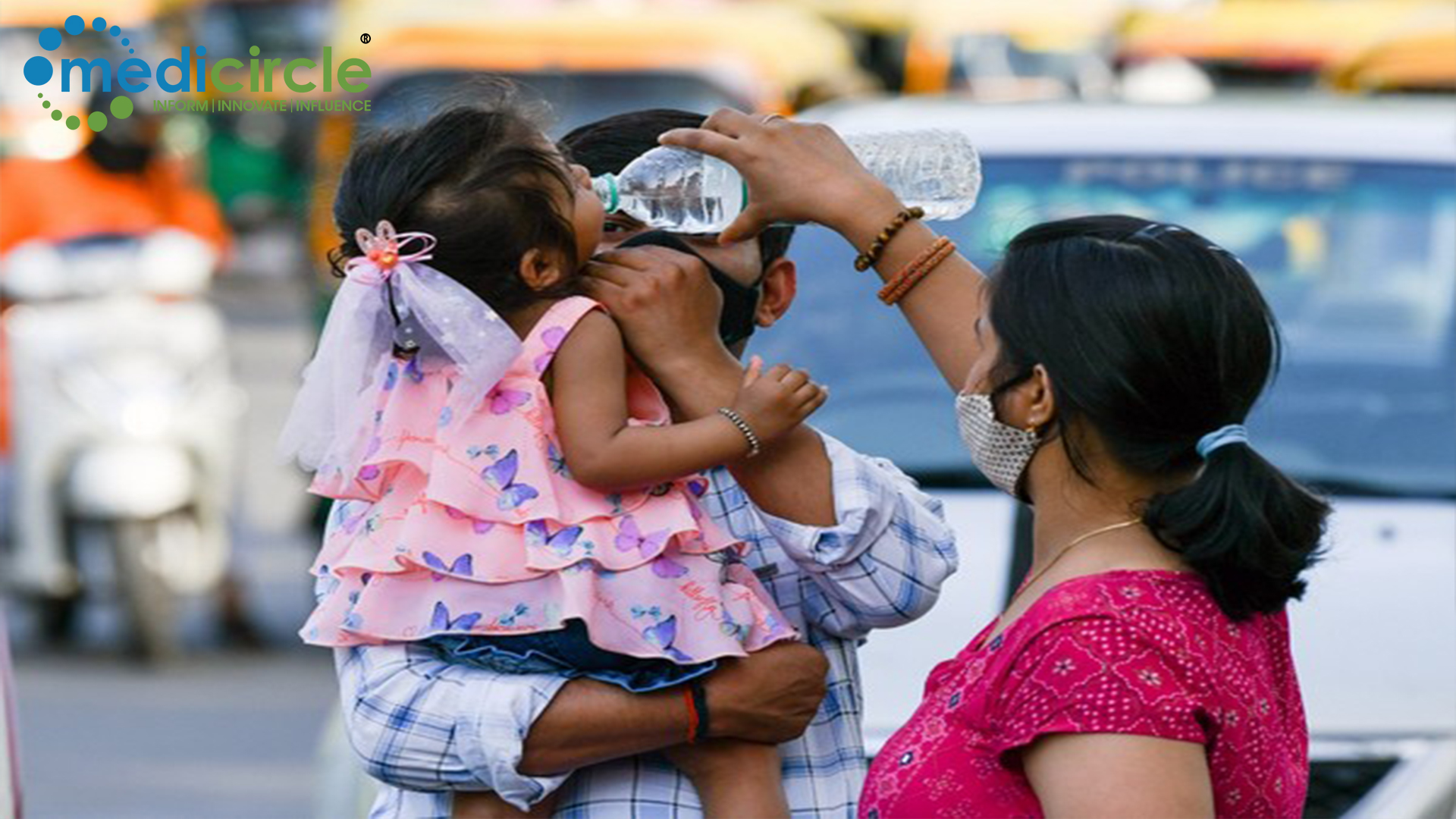As the temperatures begin to soar, the Uttar Pradesh Health Department is gearing up to prevent and manage heat-related illnesses across the state during the upcoming summer season. Recently, the department issued comprehensive guidelines to all District Magistrates and Chief Medical Officers, outlining key activities and precautions to be taken during extreme heat waves.
These guidelines emphasize inter-departmental coordination and provide crucial dos and don'ts to safeguard public health amidst rising temperatures. The state government's proactive approach highlights the importance of anticipating and mitigating potential heat-related health risks.
Various national institutions have predicted above-normal temperatures across many parts of India, including Uttar Pradesh, for the upcoming summer. The state anticipates seasonal disease outbreaks between March and May 2024, particularly in central and north-western regions where temperatures are expected to exceed average levels.
In response to these forecasts, the Health Department will implement a series of initiatives aimed at raising awareness about heat-related diseases and promoting effective prevention and management strategies. Priority will be given to inter-departmental coordination to ensure seamless execution of these efforts.
One key focus area is ensuring access to cool and clean drinking water in densely populated areas and setting up shelters to provide relief from intense heat. Additionally, the department plans to display weather forecasts and temperature updates at public locations and conduct educational sessions in schools to educate students about heat wave protection measures.
The guidelines also emphasize the training and awareness of medical officers, paramedical staff, and frontline workers to promptly identify and treat heat-related illnesses. Adequate stocks of essential medications, intravenous fluids, ice packs, and oral rehydration salts will be maintained to address potential health emergencies.
To enhance readiness, medical units will be equipped with necessary supplies and cooling equipment to cope with extreme temperatures effectively. The government aims to ensure uninterrupted electricity supply, leverage solar panels for energy conservation, and implement cooling strategies such as cool or green roofing to lower indoor temperatures.
Educational materials will be distributed extensively to raise public awareness about heat-related illnesses and empower communities to adopt preventive measures. This initiative showcases the Health Department's commitment to safeguarding public health amidst challenging weather conditions.
By implementing these proactive measures and fostering community engagement, Uttar Pradesh aims to minimize the impact of rising temperatures and ensure the well-being of its residents during the upcoming summer season. The comprehensive guidelines issued by the Health Department reflect a holistic approach towards combating heat-related health risks and promoting public health resilience across the state.
During such heatwave conditions, it's essential to take proactive measures to stay safe and comfortable at home. Here are some effective ways to withstand a heatwave:
1. Stay Hydrated: Drink plenty of water throughout the day to stay hydrated. Avoid alcoholic beverages and caffeine as they can contribute to dehydration.
2. Use Fans and Air Conditioning: If available, use fans and air conditioning to circulate cool air. Close curtains or blinds during the hottest part of the day to block out direct sunlight.
3. Create Cross-Ventilation: Open windows and doors on opposite sides of your home to create cross-ventilation and allow cool air to flow through.
4. Cooling Techniques: Use cooling techniques like placing a damp cloth on your forehead or wrists, taking cool showers, or using a spray bottle filled with water to mist yourself.
5. Wear Light Clothing: Opt for lightweight, loose-fitting clothing made of breathable fabrics like cotton to help your body stay cool.
6. Stay Indoors During Peak Heat: Avoid going outdoors during the hottest part of the day (usually midday to late afternoon) and limit physical activity to prevent overheating.
7. Stay Informed: Keep track of weather forecasts and heat advisories issued by local authorities to stay informed about heatwave conditions and take appropriate precautions.
8. Check on Vulnerable Individuals: Regularly check on elderly family members, young children, and pets to ensure they are staying cool and hydrated during the heatwave.
By implementing these strategies, you can effectively withstand a heatwave and minimize the risk of heat-related illnesses while staying comfortable and safe at home.

 Keep track of weather forecasts and heat advisories issued by local authorities to stay informed about heatwave conditions and take appropriate precautions.
Keep track of weather forecasts and heat advisories issued by local authorities to stay informed about heatwave conditions and take appropriate precautions.










.jpeg)



















.jpg)
.jpeg)